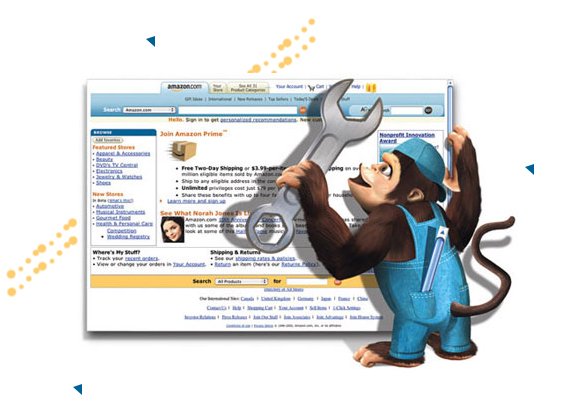The ability to change online content might result in a hacked web. It is a situation wherein much of the web can be modified by users. It has been highlighted in our Greasemonkey homework writing help that user scripts and Greasemonkey are easy to install and there is a security issue. The unscrupulous programmers may insert malicious programs into the user script and a person could not detect it just by looking at its code. The malicious user scripts may harm the host computer or can steal sensitive information among many other things.
Greasemonkey in Chrome, Internet Explorer, and Safari
Whether you talking on Twitter or catching up on Facebook, it can make all things easy-mainly if you are using Firefox. As the scripts are user-written based on JavaScript, a few clicks can have you monkeying with a separate browser of your preference. This is explained when you buy assignment help with Greasemonkey.
Internet Explorer: The Internet Explorer adherents using the functionality of Greasemonkey cannot do better compared to Trie. You have to download and install it. This shall show in the Internet Explorer Tools Menu. If you are using Internet Explorer 7, you can try out IE 7 Pro. Some of the GreaseMonkey scripts shall work on IE7 Pro. Some of the aspects of Internet Explorer 7 Pro shall work in Internet Explorer 8.
Google Chrome: The support for Google Chrome was for developers only. But, it can be enabled very easily now. You can go to the Google Chrome Extension page and you can download the Google Chrome beta. The items supported by Google are many but many Greasemonkey scripts shall work for Chrome also.
Apple Safari: It has not included official support for the user-created scripts for Safari on the Mac or the Windows. Mac Safari though uses the combination of GreaseKit and SIMBL to receive the standard Greasemonkey scripts. However, there is no equivalent GreaseKIT/SIMBL combination available for the users of Windows Safari and therefore, you should better use Firefox or Chrome.






 3 Bellbridge Dr, Hoppers Crossing, Melbourne VIC 3029
3 Bellbridge Dr, Hoppers Crossing, Melbourne VIC 3029
